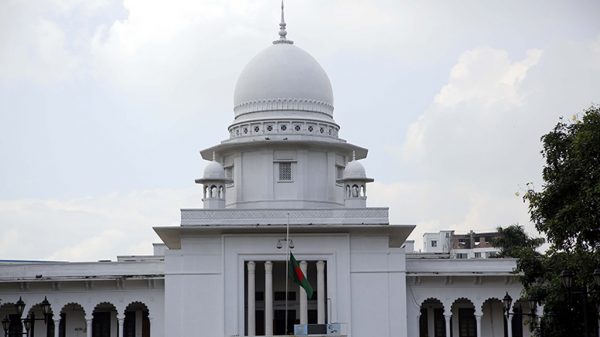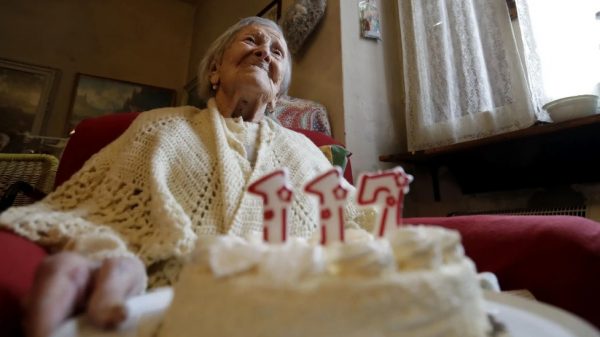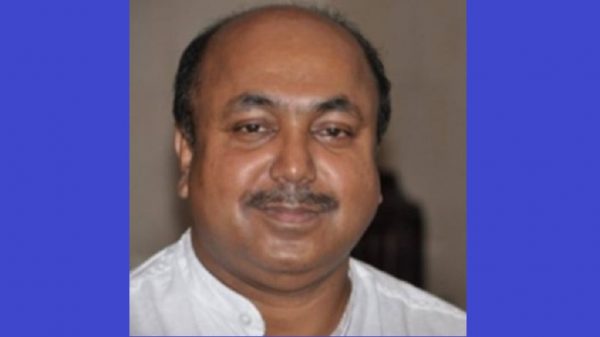Isolated cell only after all processes: HC

Shawdesh Desk:
The High Court ruled on Monday that no death sentence prisoner could be put in isolated cells of prisons before the completion of the judicial and administrative processes.
The bench of Justice Sheikh Hassan Arif and Justice Md Bazlur Rahman issued the verdict after disposing of a writ petition filed by three condemned prisoners.
In April 2023, prisoners Zillur Rahman of Chattogram Central Jail, Abdul Basir of Sunamganj district jail, and Shah Alam of Cumilla Central Jail challenged the legality of keeping them in solidarity confinement before the completion of their trial process, including their appeals.
The High Court explained that the process included the disposal of appeals by the upper courts, the review petition, and the mercy petition by the president.
The High Court, in its verdict, asked the jail authorities to shift all condemned prisoners from the isolated cells to general cells in two years.
Supreme Court lawyer Mohammad Shishir Manir, who provided legal assistance to the three condemned prisoners, termed the verdict a landmark, stating that it would ensure the prisoners’ rights.
The High Court observed that the executive misused the provisions of the prisons act and the Bengal Jail Code by keeping death sentence prisoners in isolated cells before their sentences were upheld.
The court clarified Section 30 of the Prisons Act 1894, stating prisoners of death sentence means those whose sentences have been upheld after completion of all statutory and administrative processes.
The High Court considered the solidarity confinement of death sentence prisoners as ‘another punishment’.
It said that two punishments for an individual for one offence are a violation of Article 35 of the constitution.
The HC further observed that it takes 15 to 20 years to complete all judicial and administrative processes in a death sentence case.
Therefore, keeping a death sentence prisoner in an isolated cell during the pendency of the procedure is also a violation of Article 35 of the constitution.
The article prohibits inhumane, degrading punishment and cruel treatment of citizens, the court observed.
The court said that death sentence prisoners are confined in long custody, infringing their fundamental rights to a speedy public trial due to the failure of the state and the judiciary.
The court referred to the case relating to the murder of the journalist couple Sagar Sarowar and Meherun Runi, stating that the trial of the sensational case has yet to be started in 12 years.
‘The delay in holding the trial in the celebrated journalist couple’s murder is a glaring example of our justice delivery system,’ the court observed.
The court said that detention in solidarity confinement for such a long period is also a violation of Section 73 of the Penal Code, which states that the solidarity confinement of any convict would not exceed three months.
The court said that life term and death sentence prisoners have to wait in jail for up to 30 years to reach the finality of their sentence through the trial and appeal process.
The HC, in the verdict, said that death sentence prisoners are entitled to file bail applications before the High Court Division like other prisoners.
The High Court should entertain their bail petitions, as Section 426 of the Criminal Procedure Code does not bar such convicts from availing themselves of the opportunity to file a bail petition, the court observed.
The court further observed that death sentence prisoners in India are granted bail for a limited period for conjugal visits to procreate and for relationship purposes.
The court asked the government authority to take into account the observations while formulating the proposed new prisons act that is waiting to be placed before the cabinet division.
It said that the jail authority could confine a death sentence prisoner in a separate cell other than ordinary cells if necessary for safety.
The court ruled that the jail authorities might keep a particular condemned prisoner in an isolated cell for a limited period in the event of contagious disease or homosexuality.
It said that the jail authority should provide death sentence prisoners with all facilities like ordinary prisoners.
As of May 13, there were 2,554 death sentence recipients—2,468 men and 86 women—in the country’s 68 jails, according to the Department of Prisons.
The department said that there are 2,599 condemned cells—2,456 for male and 143 for female.























Leave a Reply